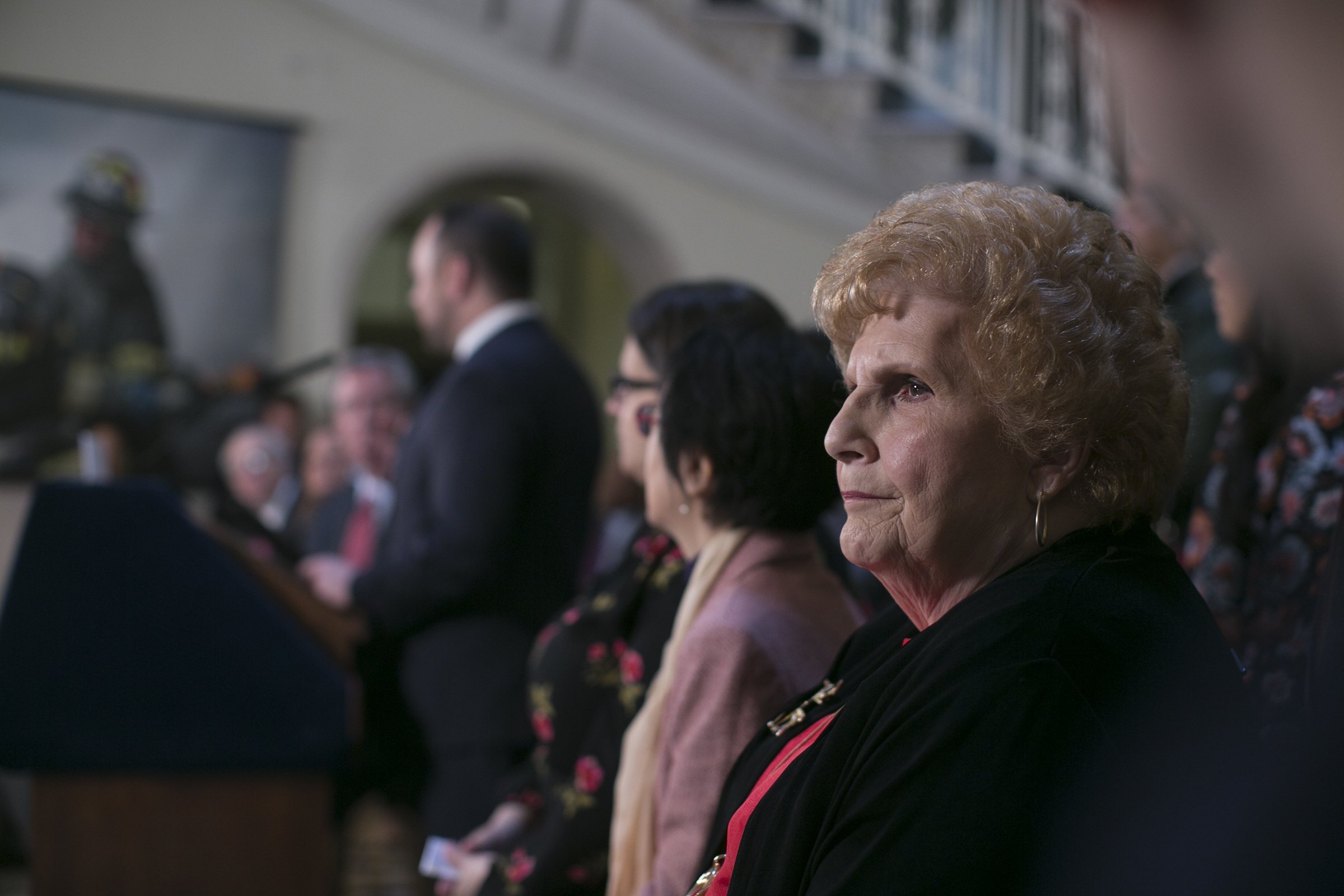Koslowitz reflects on tenure ahead of retirement
/After multiple re-elections and three decades, term-limited City Councilmember Karen Koslowitz is officially retiring. Photo via William Alatriste/City Council
By Rachel Vick
Councilmember Karen Koslowitz served in the City Council over two separate periods, dedicating 30 years to the District 29 communities of Forest Hills, Rego Park and Kew Gardens and Queens at large.
To Koslowitz, whose final term ends Friday, her time in office is marked by highs, lows and helping constituents. Looking back, she said she feels lucky to have held a job that she looked forward to going to.
“There's a lot of accomplishments, there's awesome disappointments,” she told the Eagle. “Accomplishments have been taking care of my constituents and seeing things happen in my community… there's been a lot of happy times here.”
Among those accomplishments is the promised start of the Rego Park Library refurbishment in 2022 after decades of delays and over-budget construction. Also reassuring has been her continued re-election to office, which she said demonstrated the community’s faith in her work.
Koslowitz, the daughter of Polish immigrants, said that seeing the community change and diversify over the years reminded her of the stories she grew up on about the challenges facing immigrant families, from language barriers to restarting careers.
The determination to play a role in her community already existed, but Koslowitz said the reminder served to strengthen the commitment to supporting others who uprooted their lives to join the World’s Borough.
“The stories I heard throughout my life made me realize how important it was to help these people acclimate to the communities,” Koslowitz said. “I think one of my biggest accomplishments was becoming my friend and lighting for them and making sure they got what they needed.”
Her final years in office were marked by the polarizing decision to build a jail in Kew Gardens as part of a citywide plan to close Rikers Island and house incarcerated individuals in their home boroughs. Though Koslowitz acknowledged her awareness of pushback from the community, she remains confident in her choice to vote in favor of the placement.
“I think in my whole time that was one of the biggest issues,” Koslowitz said. “I understand the community but there's a lot more that goes into fighting something that you know you're not going to win. It was painful but I do feel I did the right thing.”
“Whether they [supported it] or not; I stopped things that would be very ugly,” she added, referencing building height and the proposed inclusion of an infirmary that would have served jail populations from across the city.
With her official retirement, Koslowitz’s work is coming full circle. The return to civilian life also means returning to the early community work she did as an average citizen, but with a deeper knowledge of the function and processes of local government.
Koslowitz said she’s looking forward to being free from the structure of an alarm clock for the first time since she was 16, but a reprieve will only be temporary.
“It's my community, I still live here — I just signed a lease — I intend to keep living here and I want to bea part of it,” she said. “I'm not going to just sit back and watch, that's how I became part of it in the first place.”
“I want to keep active,” Koslowitz added. “I'm not just going to walk away and say ‘that's it, I did it,’ that's not who I am.”




